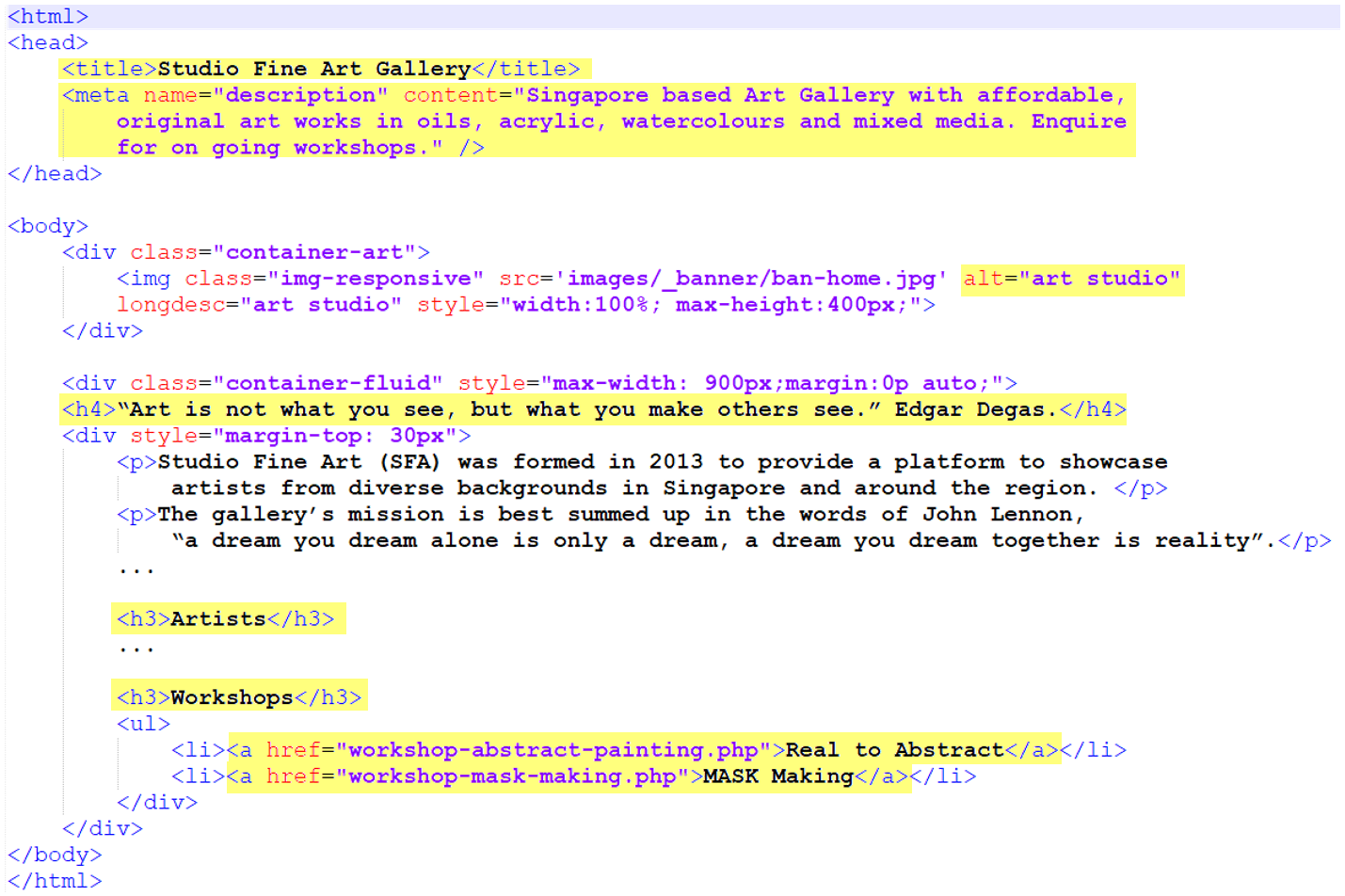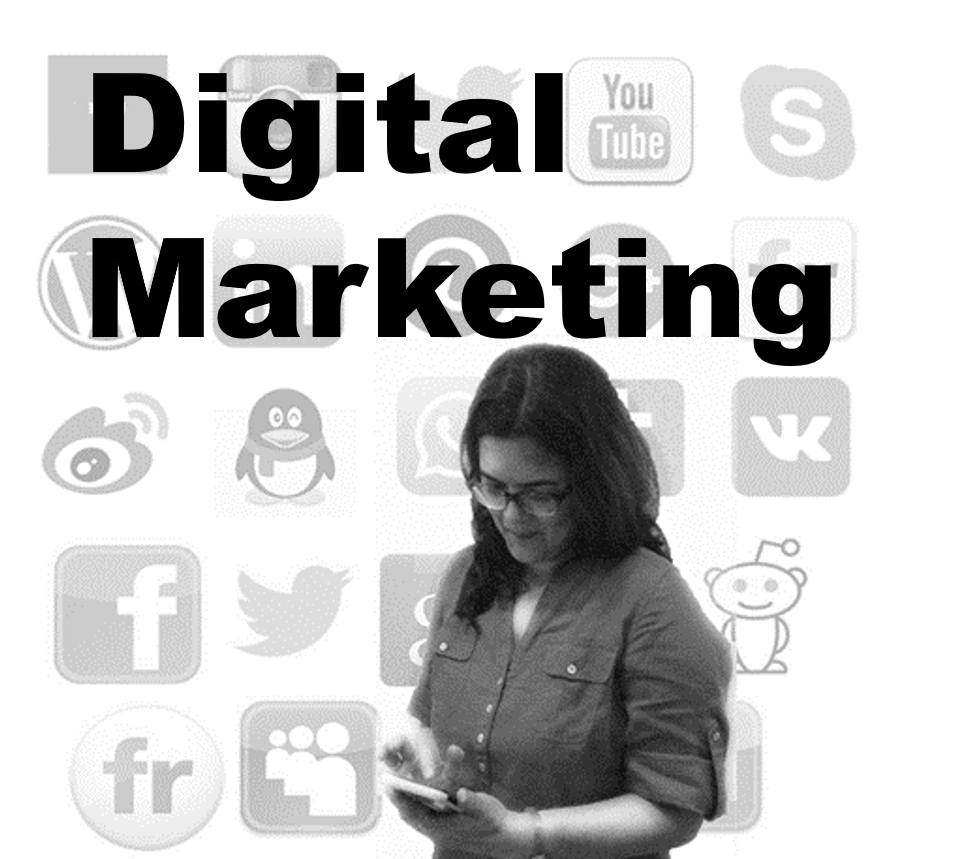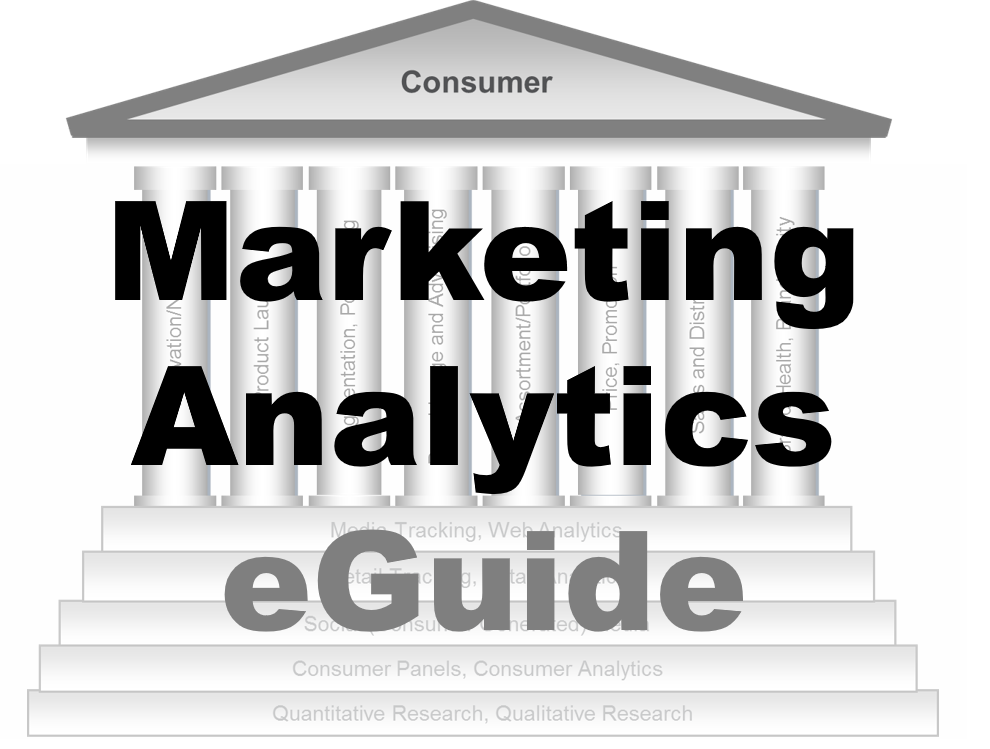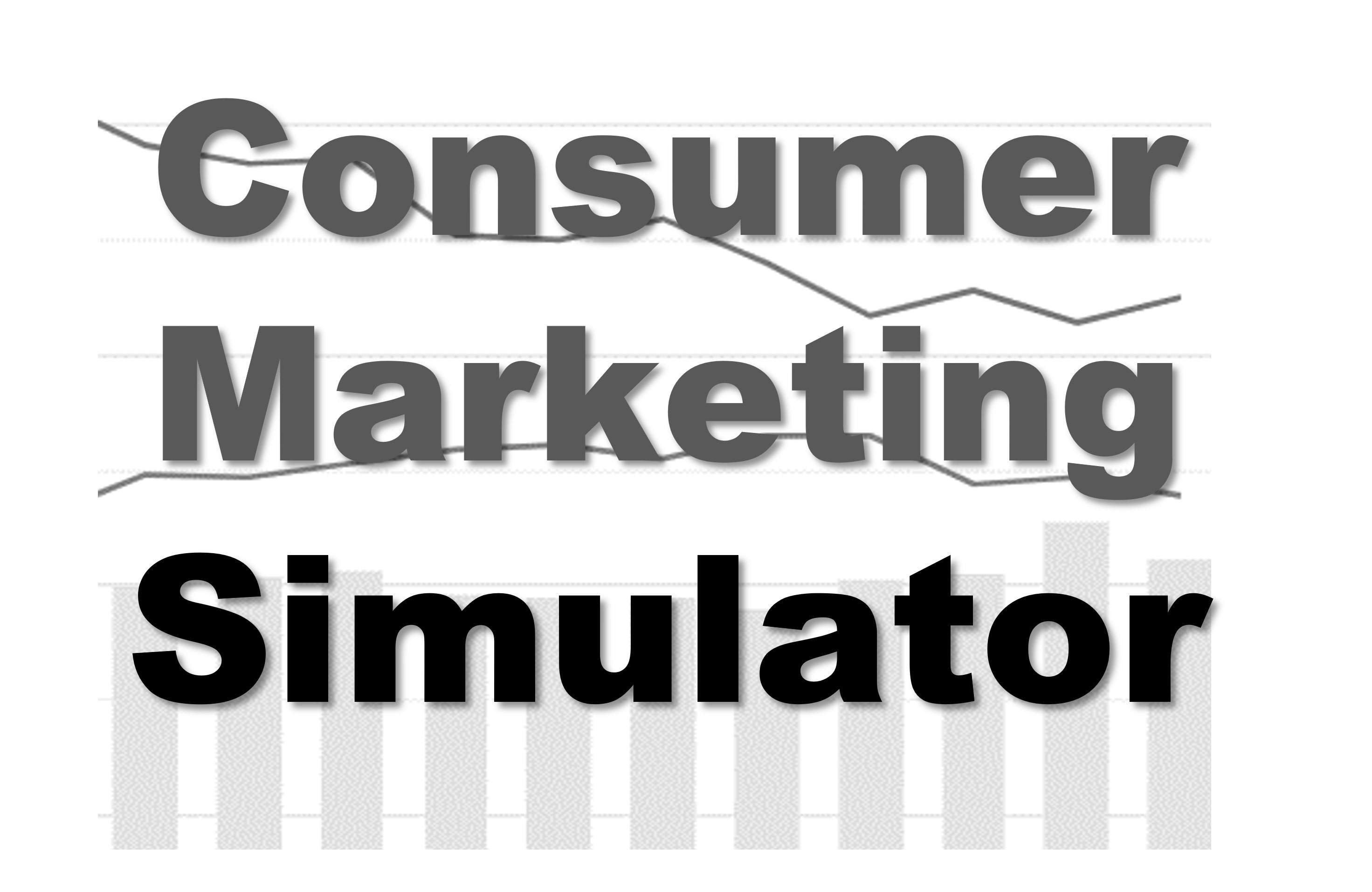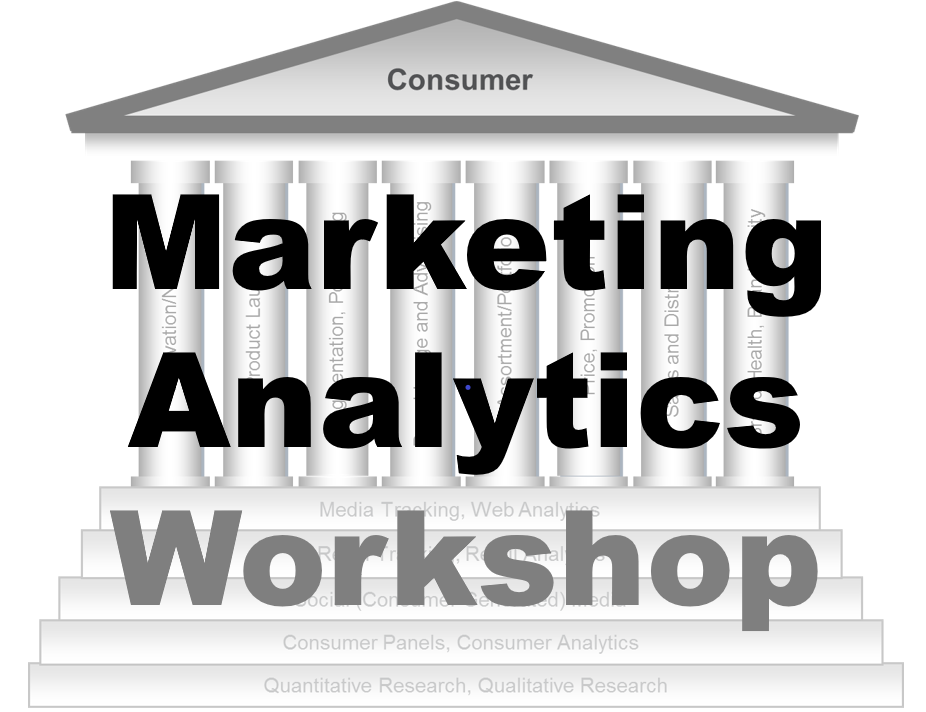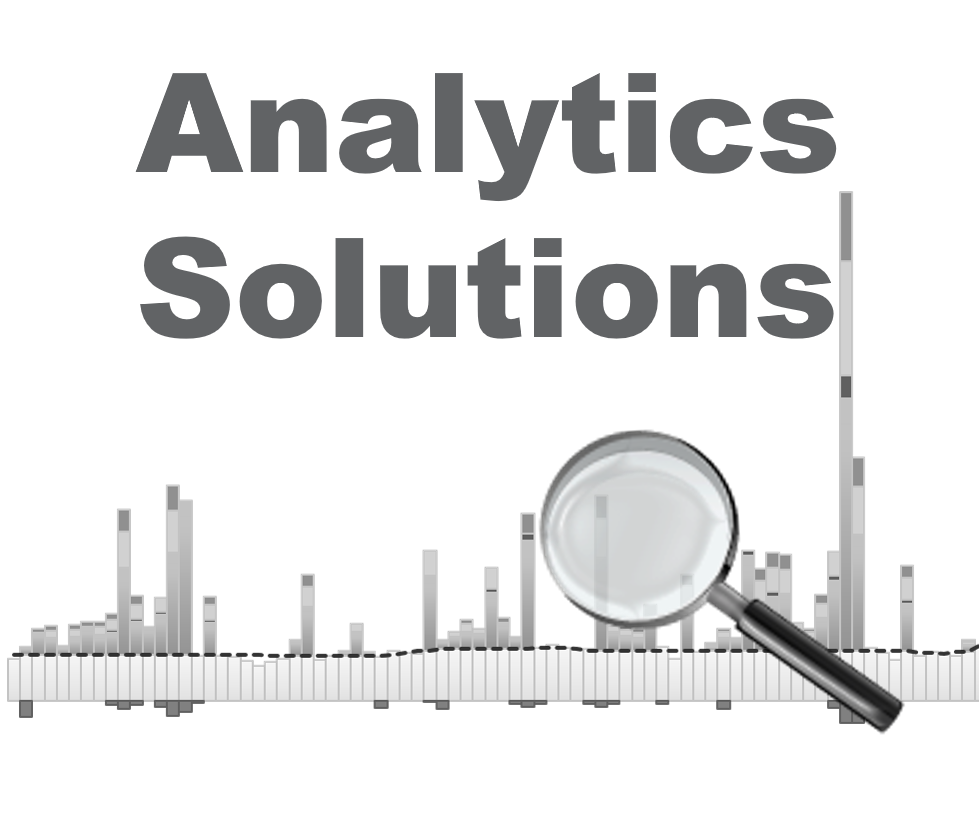-
SEO
Preview
Search — Overview
Source and Medium
How Search Engines Work
Search Engine Optimization (SEO) — Overview
Strategize
On-page Optimization
Landing Pages — Approach to SEO
Targeting Keywords and Phrases
Long Tail and Short Tail Keywords
Category, Brand and Competitor Keyword
Keyword Synonyms
Keyword Density
Placing Keywords
Schema.org
Internal Linkages
Breadcrumb
Regulating Crawlers: sitemap.xml and robots.txt
Page Speed
Mobile Usability
Attracting Inbound Links
Off-page Optimization
PageRank — Measure of Authority of webpage
Link Equity
Unnatural or Artificial Links
Review
Performance Metrics
Website Grading Tools
Google Search Console
SEO — Exercise
- New Media
- Digital Marketing
- YouTube
- SEO
- Search Advertising
- Web Analytics
- Execution
- Case — Prop-GPT
- Marketing Education
- How to Choose the Right Marketing Simulator
- Self-Learners: Experiential Learning to Adapt to the New Age of Marketing
- Negotiation Skills Training for Retailers, Marketers, Trade Marketers and Category Managers
- Simulators becoming essential Training Platforms
- What they SHOULD TEACH at Business Schools
- Experiential Learning through Marketing Simulators
-
MarketingMind
SEO
Preview
Search — Overview
Source and Medium
How Search Engines Work
Search Engine Optimization (SEO) — Overview
Strategize
On-page Optimization
Landing Pages — Approach to SEO
Targeting Keywords and Phrases
Long Tail and Short Tail Keywords
Category, Brand and Competitor Keyword
Keyword Synonyms
Keyword Density
Placing Keywords
Schema.org
Internal Linkages
Breadcrumb
Regulating Crawlers: sitemap.xml and robots.txt
Page Speed
Mobile Usability
Attracting Inbound Links
Off-page Optimization
PageRank — Measure of Authority of webpage
Link Equity
Unnatural or Artificial Links
Review
Performance Metrics
Website Grading Tools
Google Search Console
SEO — Exercise
- New Media
- Digital Marketing
- YouTube
- SEO
- Search Advertising
- Web Analytics
- Execution
- Case — Prop-GPT
- Marketing Education
- How to Choose the Right Marketing Simulator
- Self-Learners: Experiential Learning to Adapt to the New Age of Marketing
- Negotiation Skills Training for Retailers, Marketers, Trade Marketers and Category Managers
- Simulators becoming essential Training Platforms
- What they SHOULD TEACH at Business Schools
- Experiential Learning through Marketing Simulators
Placing Keywords
Keywords need to be weaved into the contents of webpages, especially in the page URL, title and description (Exhibit 25.8) as well as the body of the webpage (Exhibit 25.9).
Page Title (Meta Title)
The page title, also known as the meta title, contains information intended for the browser and is contained in the page’s title tag. Titles are accorded great importance by the search engines for ranking and should therefore contain the most important keywords. The order in which keywords appear within the title also influences the search results.
Although the cut-off for page titles varies depending on the device, typically, Google displays the first 50 to 60 characters (roughly 600 pixels) of the meta title. Platforms such as MOZ provide tools that may be used for previewing meta titles.
Exhibit 25.9 HTML code snippet shows keywords weaved into the webpage. Important places such as title, description, headers and anchor tags, and the alt attribute are highlighted.
Description (Meta Description)
The description of the webpage (which is stored within the page’s meta-description tags) appears below the title, on the SERP. Should any of the words that users use in their query, appear in the title or the description, they are highlighted. Thus, by weaving keywords into the description, marketers can draw the users’ attention and increase the likelihood that they visit the page. However, unlike the title, the description is not used by the search engines for ranking purposes.
Whereas there is no official rule on length of the meta-description, Google typically limits them to roughly 155–160 characters. However, the cut-off varies depending on device as well as context.
Note that the meta-description does not always appear on SERP. Sometimes, instead of the meta-description, Google’s algorithms may use sentences or phrases from the webpage that better match the searched keywords.
URL and Domain Name
The URL (i.e., the address of the webpage) is another criterion used by Google for ranking pages. The same applies for the domain name, which appears in all URLs on the same website. This incidentally explains why keyword-rich domain names are being sold at premium prices. Using keywords in URLs can also make the URL text more meaningful, particularly when the URL serves as the anchor for inbound links to the webpage.
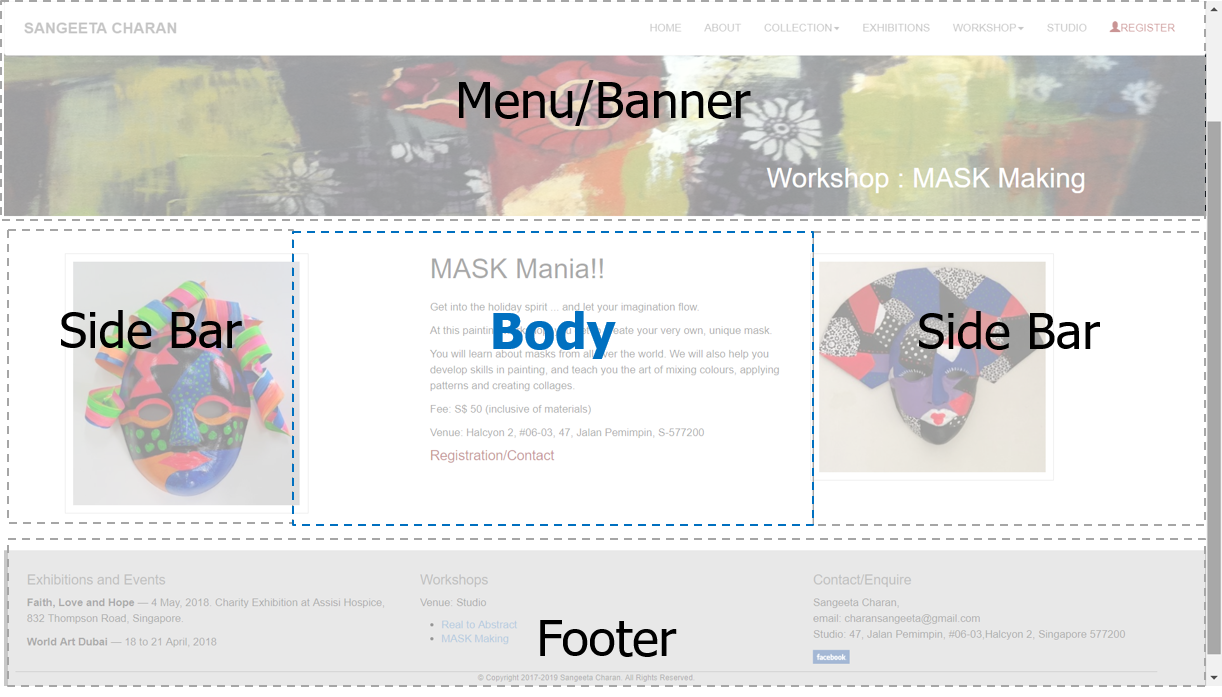
Exhibit 25.10 Layout of a webpage. Keyword placed in the body section are weighted more heavily than those placed in the other sections.
Body, Headers, Anchors and Images
Because the body section usually contains the main content of the page, credence or weight of a keyword is higher when it appears in the body of a webpage, as opposed to other parts of the page such as menu, banner, footer or sidebars (Exhibit 25.10).
Headers (HTML tags < h1 >, < h2 >, < h3 >, etc.) that are keyword-rich improve the webpage’s ranking for those keywords (Exhibit 25.9). Keywords place between anchor tags (HTML tag < a >) can also improve the page’s ranking. Search engines consider the text used in links to be a strong indicator of the content on the linked page.
Because search engines cannot decipher images, it improves optimization if the website developer provides a description of the image for the search engine. HTML (HyperText Markup Language), the language used for creating webpages, provides an attribute called “alt” that may be used fot this purpose. Search engines use these descriptors for ranking images, as well as for page ranking.
Incidentally, the meta keyword tag which was once used to provide a list of keywords to search engines, is no longer considered by major search engines like Google. In fact, Google has explicitly stated that it ignores the meta keyword tag when ranking websites. It’s inclusion merely grants competitor’s easy access to the website’s keywords.
Previous Next
Use the Search Bar to find content on MarketingMind.
Digital Marketing Workshop

Unlock the Power of Digital Marketing: Join us for an immersive online experience designed to empower you with the skills and knowledge needed to excel in the dynamic world of digital marketing. In just three days, you will transform into a proficient digital marketer, equipped to craft and implement successful online strategies.
Marketing Analytics Workshop
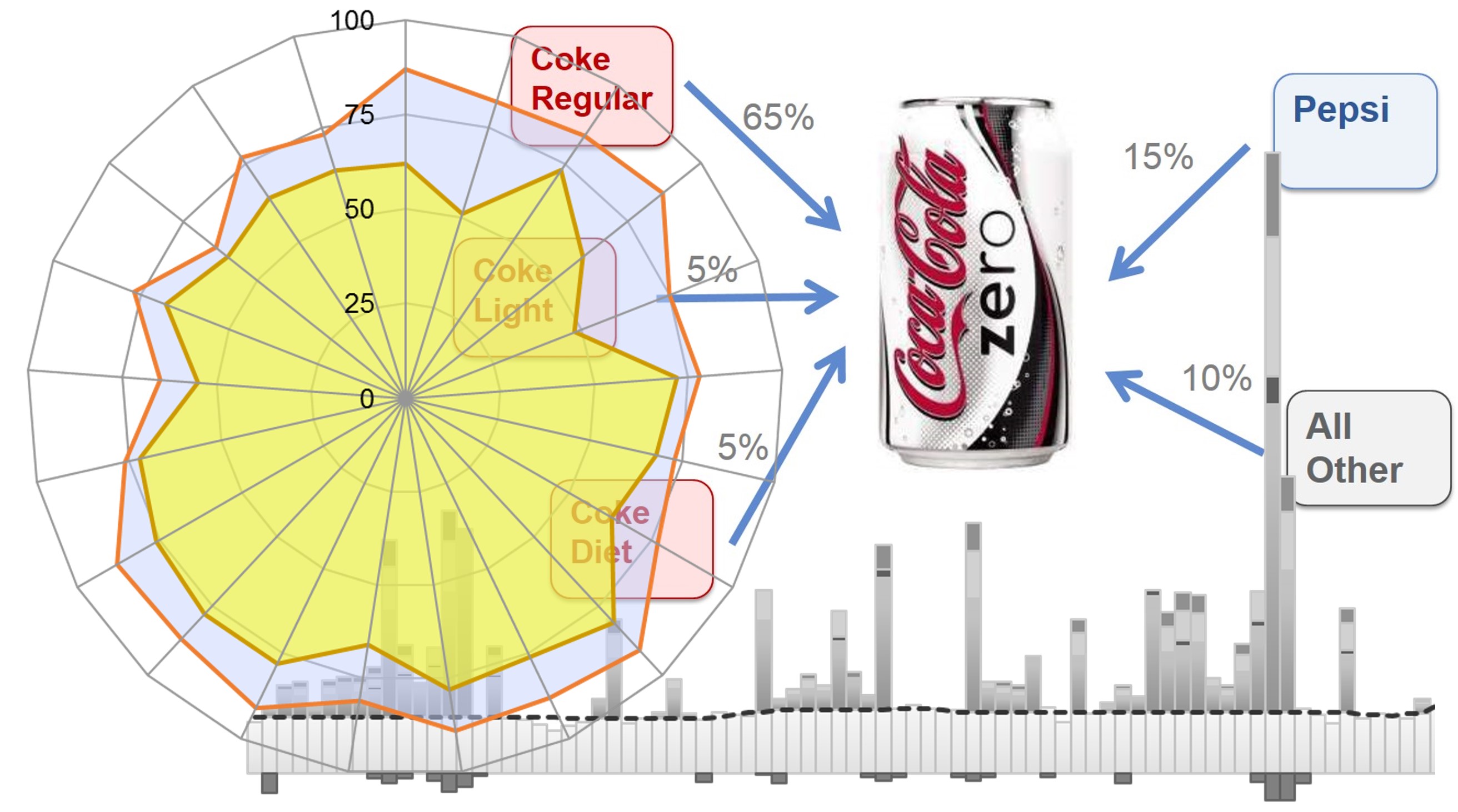
In an analytics-driven business environment, this analytics-centred consumer marketing workshop is tailored to the needs of consumer analysts, marketing researchers, brand managers, category managers and seasoned marketing and retailing professionals.
Contact | Privacy Statement | Disclaimer: Opinions and views expressed on www.ashokcharan.com are the author’s personal views, and do not represent the official views of the National University of Singapore (NUS) or the NUS Business School | © Copyright 2013-2024 www.ashokcharan.com. All Rights Reserved.


